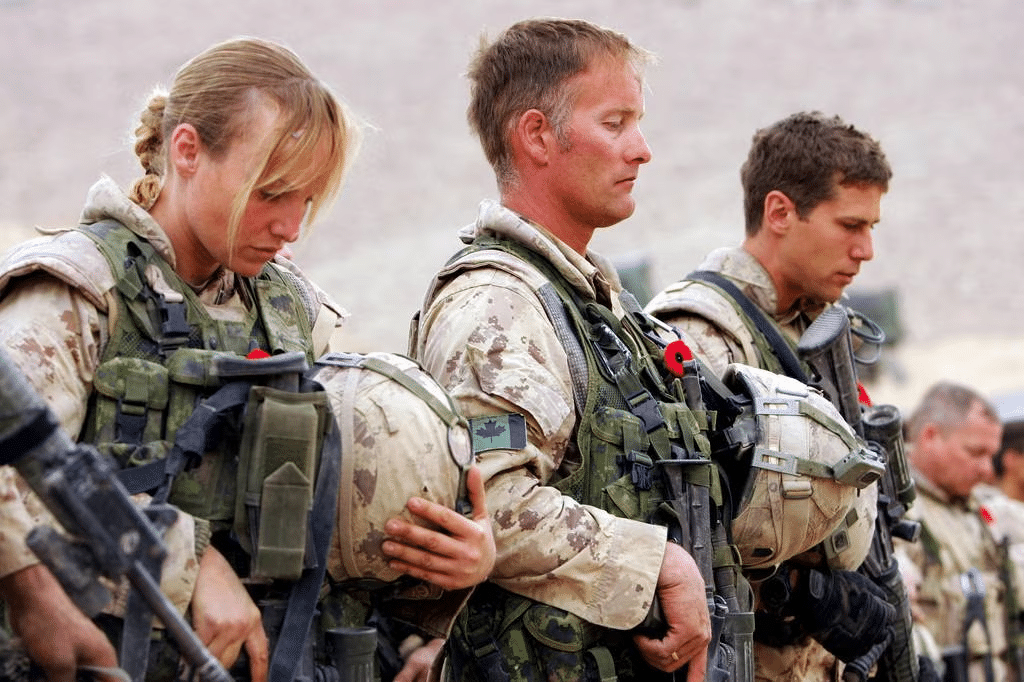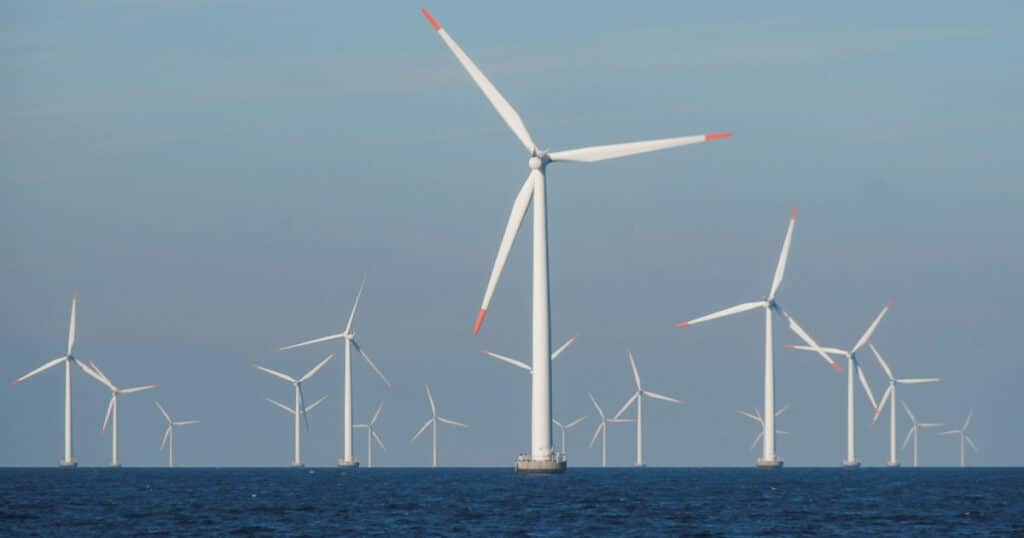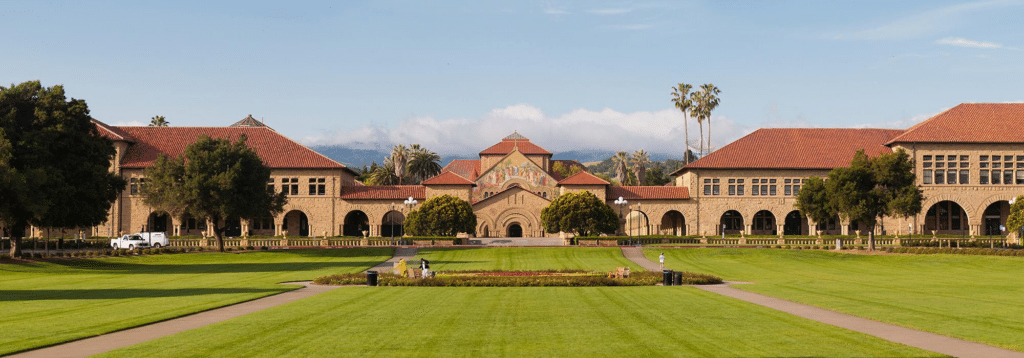
It’s OK To Pray In Public, But Don’t Mention God
In another attempt to remove Christianity from the masses, Canadian officials have now instructed their military Chaplains not to use the name “God, Our Father, or Heavenly Father,” in order to avoid offending anyone.
Every time I hear about something as deliberately intrusive as this, I get very agitated. The people instituting this nonsense know exactly what they are doing. By making these changes they are offending many more people than they are preventing from being offended. Instead of telling the few loud-mouthed whiners that they will not go along with their crap, they punish innocent others that are doing no harm. Here’s a tip for anyone that is approached in the future by someone that is chronically offended. Simply, but with authority say, …. NO!
The Minister of National Defense made the announcement, stating that public prayer must, “reflect the spiritual and religious diversity of Canadians.”
The timing of the announcement is suspect with the November 11th National Remembrance Day looming in the near future. The members of the Canadian Armed Forces (CAF) took notice and are not happy about the newest rules of “Inclusion.”
In an exclusive interview with LifeSiteNews, CAF members spoke out against what they believe to be secularization of the military, because of their tenuous position they spoke freely, but asked to remain anonymous.
One member had this to say:
“In a nutshell, this change is: Abolish God from the public square,” explaining that the “ethos undergirding the document” is one emphasizing the “spiritual” rather than the “religious.”
Another member said, “Freedom of religion, I’m afraid, is slowly being replaced by freedom from religion.”
Their negativity centers around a memo that was obtained by The Epoch Times.
Dated October 11th and signed by Chaplain General Guy Belise. It directed Canadian chaplains to:
“adopt a sensitive and inclusive approach when publicly addressing military members.”
“While the dimension of prayer may occupy a significant place for some of our members, we do not all pray in the same way; for some, prayer does not play a role in their lives.”
Any “spiritual reflection” offered by military chaplains in a public setting (not including church services or private interactions with members) must be “inclusive in nature, and respectful of the religious and spiritual diversity of Canada.”
Spiritual leaders are also directed to “consider the potential that some items or symbols may cause discomfort or traumatic feelings when choosing the dress, they wear during public occasions.”
The Minister of National Defense, Bill Blair tried to gloss over the directive by stating: “Canadian Forces chaplains are not and will not be banned from prayer on Remembrance Day, nor at any other time.”
Unfortunately, he was missing the point. Prayer modified to appease the ungodly, doesn’t represent Christian prayer.
The Department of National Defense spokesman stated that chaplains giving reflections in public, or at mandatory military ceremonies “should not use the word ‘God’ or other references to a higher power such as ‘Heavenly Father’” in order “ to ensure that all feel included and able to participate in reflection no matter their beliefs.”
He went on to say that chaplains also should be:
“mindful of the Gender Based Analysis (GBA+) in their reflections, going on to explain that GBA+ is an analysis framework that officials are using to basically re-examine their policies throughout the organization for the purposes of advancing equity within the context of gender ideology.”
Another CAF member confided to LifeSiteNews that the memo has made military chaplains, “so afraid of saying something wrong that even very liberal chaplains are too afraid to write their own reflection on Remembrance Day.”
Another source correctly described to LifeSiteNews that these changes essentially amount to, “a purging of all traditional values and send a message that the only acceptable religion now will be secularism.”
“If we can’t even live according to our conscience, if you can’t speak truth as we see it, then we’ve lost the essence of what it means to be the military, we’ve lost our freedom.”
The first CAF member to talk with LifeSiteNews explained that the new directive appears to have come about as a result of the Canadian Supreme Court’s 2015 decision, Mouvement laïque Québécois v. Saguenay City. That ruling declared “The state must instead remain neutral” in matters “religion and beliefs.”
“Given the realities of soldiering and everything that comes with that, I would ask, has that not changed the equation? Does that not change things?” He argued that soldiers having “spiritual tools at their disposal, including prayers and blessings, makes the CAF more resilient, more capable, more spiritually healthy.”
“By taking that away from people, do you have the soldier’s best interests in mind? Do you have spiritual fitness in mind? Are you playing politics? That’s my question.”
I believe The Canadian Department of National Defense, has drastically overstepped their boundaries. How can you tell a chaplain, a member of the religious clergy, that they can not say specific words that are integral to the religion?
A chaplain’s responsibilities include performing religious rites, conducting worship services and providing confidential counseling. So how can you ask them to modify their speech whenever they are conducting a public worship service?
This is not only cowardice it’s incredibly hypocritical. Religious terminology doesn’t differ at a public worship service just so an ungrateful, narcissistic, snowflake’s sensibilities aren’t offended.
The language of the Lord’s Prayer isn’t up for debate. Neither is any other reference to the Heavenly Father, God, Jesus, or The Lamb of God.
If this is the way the Canadian Defense reacts when confronted, I pity Canadian citizens. This is incredibly weak, and frankly a disgusting display of cowering.
Question, is Allah permitted to be spoken in public? That’s what I thought.
This is weak Canada, very, very, weak.



